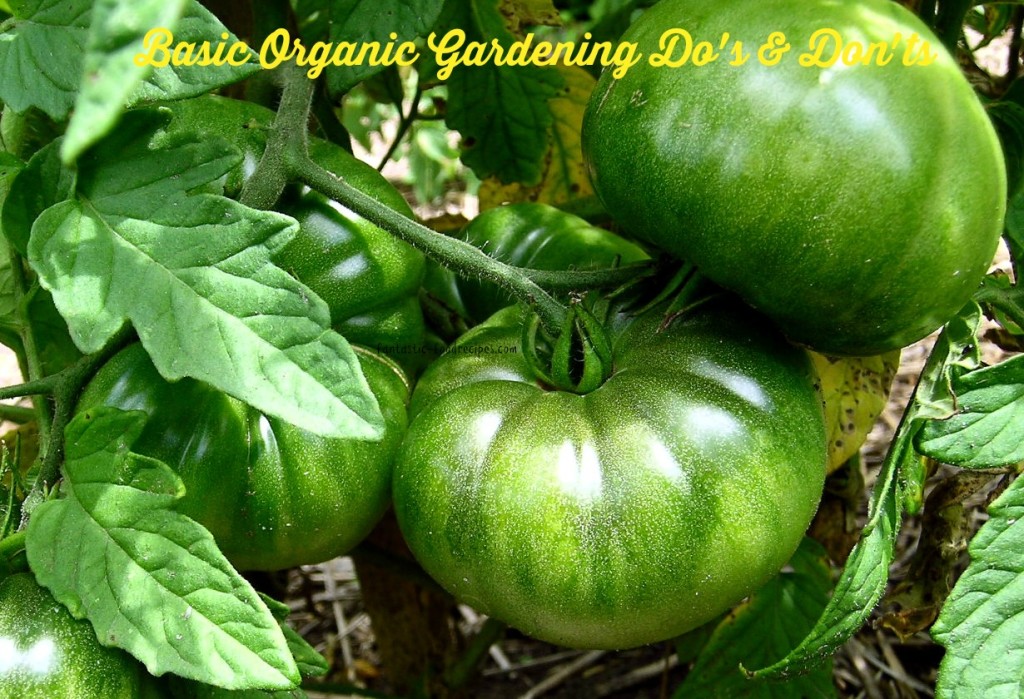Organic Gardening Do’s & Don’ts
Organic gardening is a great way to grow the vegetables and plants that you enjoy without worrying about harmful chemicals coming in contact with your children, pets or ingesting them. Getting started with an organic garden can be difficult and confusing when you don’t know where to begin or what is considered organic and not. The basics of organic gardening are pretty simple once you know what is considered a do and what’s a clear don’t.
Don’t Use These
A lot of confusion exists around what is okay to add to the garden and what isn’t, especially since there are some chemicals that are safe for gardening and are commonly used for bug deterrent, to kill fungus and to promote healthy growth. Don’t use any synthetic fertilizers, synthetic herbicides and synthetic pesticides, which will all make their way into the vegetables and plants that you are growing.
Do Feed The Soil
The most important principle of organic gardening it tending the soil, ensuring that it is healthy and feeding it rather than feeding plants. When you have rich, healthy soil you get rich, healthy plants that are able to resist fungus and pests better than unhealthy plants. Add compost to the soil to keep it rich in nutrients and balanced.
Don’t Plant Just Anything
One of the main ideas of organic gardening is to mimic nature as closely as possible, and this includes in choosing the plants that your grow. Adding non-native plants to a bed just because you like the flowers it creates or because it bears tropical fruit you enjoy creates an area of your garden that is going to require more resources. Non-natives might not be suited to the beds you’ve prepared the way plants that are native would be, leading to soil and bed changes and a different watering schedule for just the one plant. Instead, try gardening with plants that are adapted to the area you live in.
Do Get Diverse
Diversity in the garden is a great thing because it leads to a microclimate that is beneficial to both the soil and the plants. Add native plants and vegetables to your garden that will not be stressed out by your growing conditions. Also, be sure to always place the right plant in the right area which ensures it will thrive. Doing all of this is another way of mimicking nature and growing organically.
If you like this post, see more recipes and tips on Pinterest.
Come follow me on Facebook and Twitter.




Leave a Reply